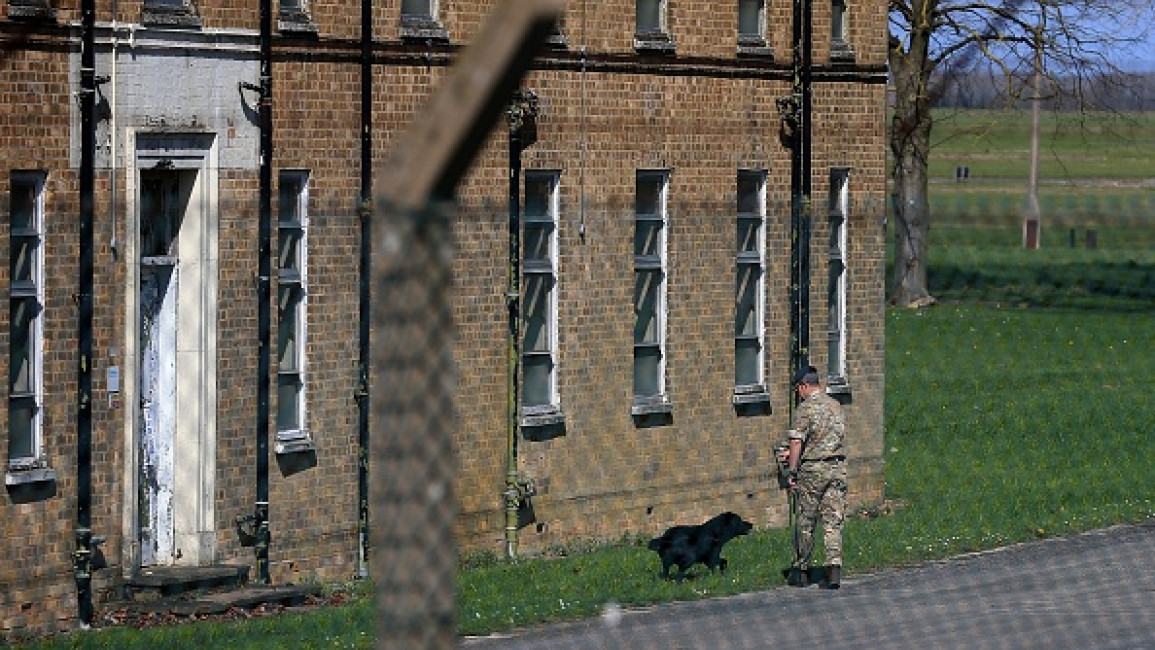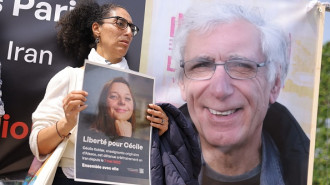UK government using overseas aid to cover asylum costs: official figures
The UK government syphoned off one third of its international aid contributions to cover the cost of Britain’s faltering asylum system in 2022, using funds originally designated to assist with overseas relief efforts.
According to figures released by the Foreign, Commonwealth and Development Office this week, Britain spent £3.7 billion of its £12.8 billion aid budget on housing migrants and refugees in the UK last year.
This is thrice the amount the UK government contributed to the entire continent of Africa during the same period.
Critics have derided the fiscal workaround, accusing the conservative government of “robbing Peter to pay Paul.”
"We must reject the false choice between responding at home and fulfilling the UK's responsibilities to the world's most in need," said Sophie Powell, head of advocacy at Christian Aid.
The government is legally bound to spend 0.5% of its GDP on overseas aid, but has used technical loopholes to spend that money on arrivals to the UK from across the globe.
Costs have spiralled as asylum claims processing systems have ground to a halt, leaving thousands in limbo and unable to support themselves or contribute to the economy - and housed at huge expense to the government.
Under current immigration rules, those with pending arrivals claims are not allowed to work in the UK and face highly precarious living situations.
New arrivals see very little actual financial assistance - receiving £45 per week in subsistence payments to cover food, clothing and toiletries.
In March 2023 alone, the UK Home Office used nearly 400 hotels across the UK to house migrants and refugees; figures reveal that at least 29% of the funds went to the Department for Levelling Up, Housing and Communities.
The UK government is alone among major global powers in removing significant international aid to cover the costs of housing for migrants in their own country.
Around the world, the vast majority of people forcibly displaced by conflict or climate change stay within their own countries.
According to the Refugee Council, the UK hosts approximately 1% of the 27.1 million refugees worldwide.





 Follow the Middle East's top stories in English at The New Arab on Google News
Follow the Middle East's top stories in English at The New Arab on Google News

![The law could be enforced against teachers without prior notice [Getty]](/sites/default/files/styles/image_330x185/public/2178740715.jpeg?h=a5f2f23a&itok=xMdFOAIF)
